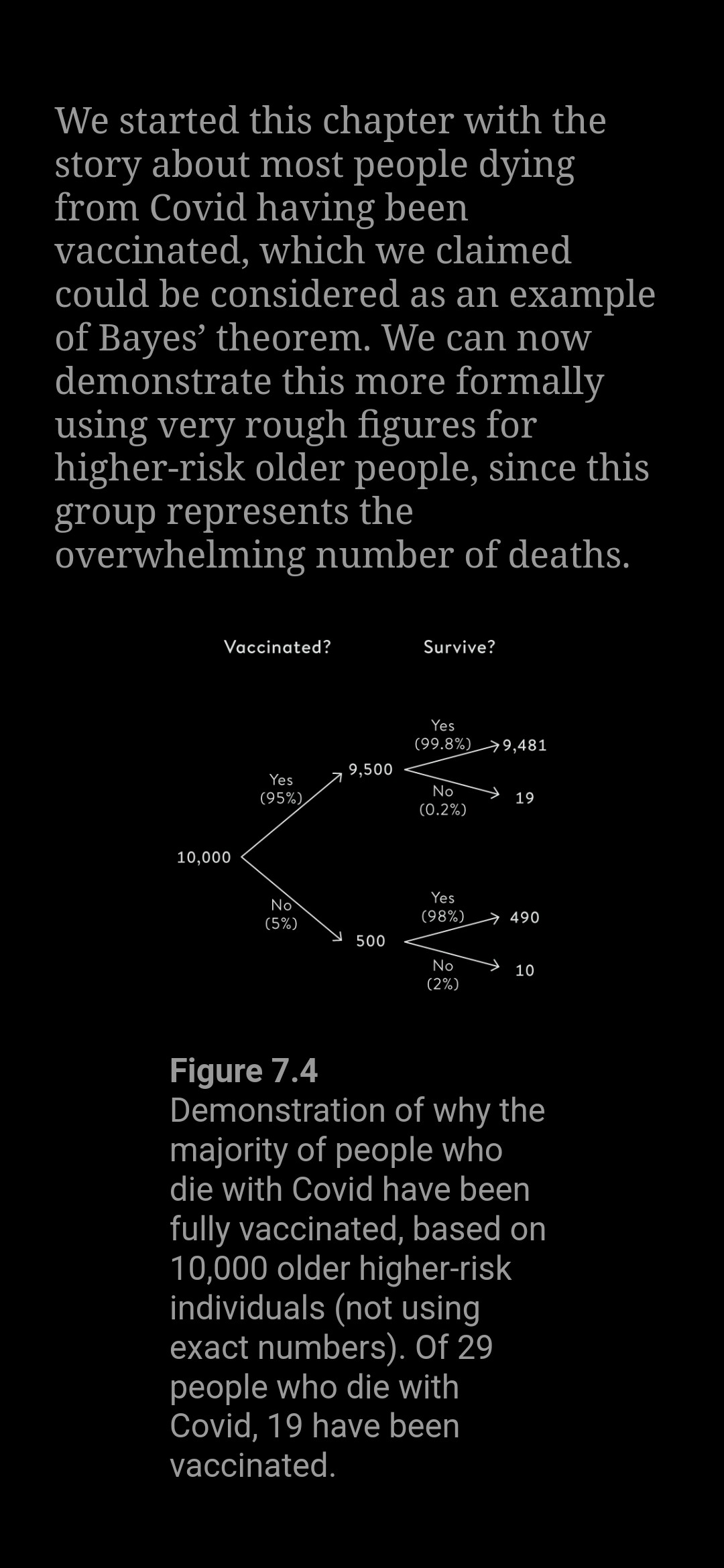Well, I’m sympathetic to those who are hesitant based on their negative experiences. It’s an undeniable fact that some have been injured by CV-19 vaccines. We should not deny that. And it’s possible that flu vaccines are suboptimal either because, like here, they can actually be a negative vs infection risk, or ineffective because the strain is subtly different for some.
That said, I would not want to get immunity through being infected by the flu virus. First, you have no idea if going through the disease you might not sustain some permanent damage. For example, on my CAC scan, while I had zero score for calcified plaque, there were incidental findings:
“Incidental findings: Calcified nodules and micronodules in the bilateral lungs suggestive of sequela of prior granulomatous infection. Partially visualized linear atelectasis/scarring in the basal right lower lobe.”
OK, I had no idea that I had something like this, because I very, very rarely get sick. I did however go through something - perhaps the flu - which I caught on a plane coming back from London where I celebrated the 2000 New Year. I was pretty sick. That was the last time I can recall getting sick with respiratory involvement. And now I have some kind of permanent lung damage.
Point being, I don’t want that. I’d rather get the vaccine immunity, even if it’s slightly less durable, than get immunity through getting the disease and possibly sustaining some permanent damage. Of course, I’m not judging, perhaps some like damage, so I’m not going to make judgements on their choices.
Furthermore, there is some equivocal evidence, that viruses like the flu can get into the brain and be either causative or contributory factors in the development of neurological damage, maybe even dementia. Not a risk I want to take. Again, not judging, as some may want that effect, to each their own.
Finally, there is the possibility that the flu vaccine might lower the chances of getting dementia. Now, this may be a spurious correlation and it’s pretty speculative, so I’m not putting much stock in this possibility, but if it’s true, hey, as long as I’m getting the shot, I won’t turn down this perk.
Bottom line: there are many reasons for getting the flu vaccine that go beyond whatever temporary immunity is developed against some strain or another. And avoiding the flu altogether is of course best. YMMV.
